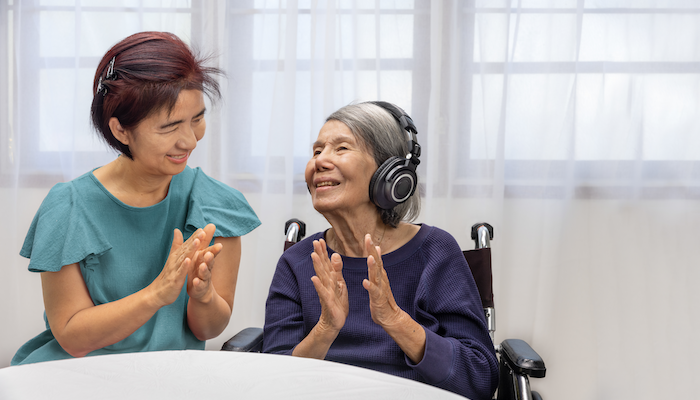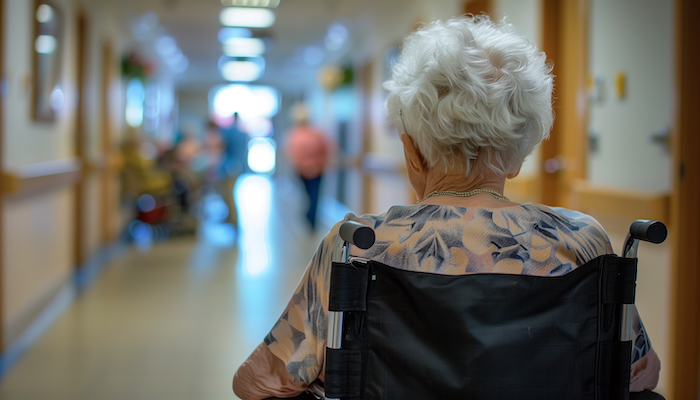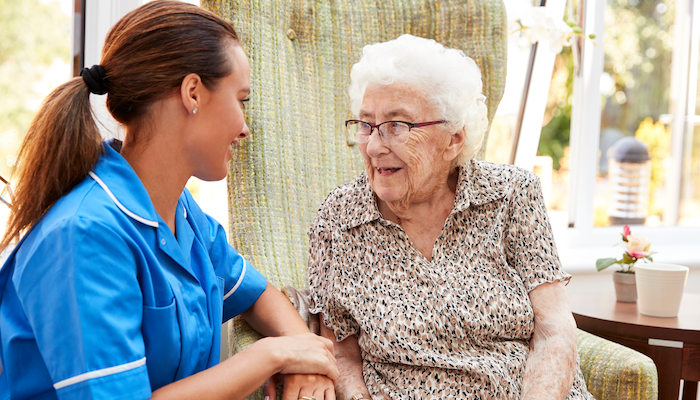If your loved one has early dementia, you want to give them as much independence as possible, including with money management. This also means protecting them from pitfalls such as scams or overdrawn accounts. One option is to provide them with a “controlled spending” or prepaid debit card. To them, it will seem a basic credit card, but you’ll know that their spending is held to limits that you have predetermined.
More specifically, a prepaid debit card differs from a traditional debit card because it does not grant unlimited access to a bank account. Instead, you or your relative’s designated financial representative can add money as needed for planned expenses or to allow discretionary spending. It’s like a gift card, but you decide what limits should be in place to prevent overspending or cash withdrawals. When funds get low, you simply reload the card. Then you can be worry free while your loved one enjoys shopping, dining out, etc., independently.
Prepaid debit cards are available from major banks, but they don’t all offer the same benefits. Do your research before you sign up for anything! Here are some things to consider:
Set appropriate boundaries. Look for a card that gives you enough control to protect your family member. Think about blocking phone or online purchases to prevent overspending. You can also set transaction or cash-access limits to stop fraud or scams.
Create notifications. Some cards allow you to set up real-time spending alerts instead of waiting for a statement. You can even designate who can add money or authorize a helper/caregiver to use the card when making purchases for your relative.
Watch out for hidden fees. Some prepaid cards have fees for ATM withdrawals, online bill paying, monthly maintenance, or even infrequent use. Learn about and compare fees before choosing a card.
Are you helping an aging loved one navigate early dementia?
As the San Francisco experts in family caregiving, we know there is a lot to consider. You want to help preserve their independence for as long as possible, while also protecting their well-being. At Compassionate Community Care, we can help you find that balance and find resources to do so. Give us a call at (415) 921-5038.










